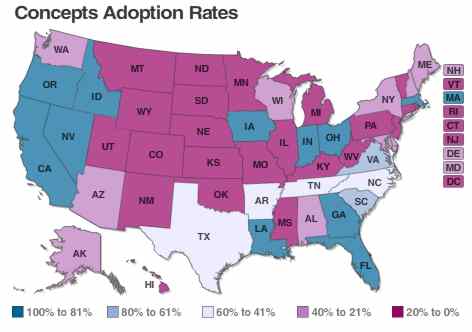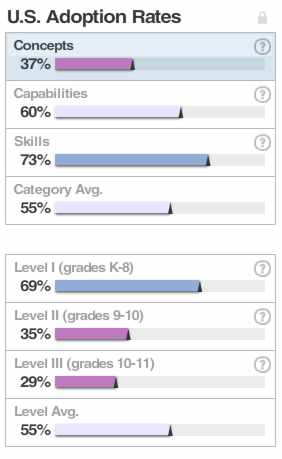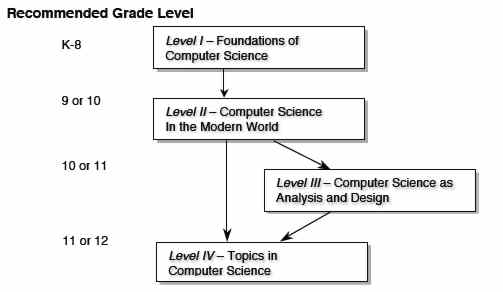| Computer Science Education Week -Take the Pledge |
| Written by Sue Gee | |||
| Sunday, 04 December 2011 | |||
|
Computer Science Week 2012 starts today. Its purpose is to raise awareness of the importance of computer science for careers in the 21st century and the need for an expansion of computer science education in the United States. Show your support by taking the pledge. This first such week was held December 5 to 11, 2010, time to coincide with the anniversary (on December 9th) of the birth of computer science pioneer Grace Hopper. Now an annual event it will always be held in the week containing that date. While the scope of CSEd week is restricted to the U.S.A, the problem of there being too few students qualified in Computer Science to meet the demands of commerce and industry is much more widespread. Equally the benefits of including Computer Science, as opposed to computer literacy or ICT, in the K-12 (Kindergarten through 12th grade curriculum, are completely generalisable. The CSEd website points out: Computer science education is essential for:
Computer Science is widely offered at undergraduate level, however, Computing in the Core, the coalition responsible for CSEd Week, wants to elevate computer science education to a core academic subject in K-12 education, giving young people the college- and career-readiness knowledge and skills necessary in a technology-focused society. It provides facts and figures to make its case.
The 2010 report Running on Empty from the ACM (Association of Computing Machinery) and CSTA (Computer Science Teachers Association) gives a state-by-state breakdown of the extent to which the US has adopted nationally recognized computer science education standards.
(Click in map to enlarge) Click here for the ACM's interactive map.
Taking the US as a whole, most state standards are focused on "skills" (73 percent adoption) instead of deeper computing "concepts" (only 37 percent adoption).
Most states have few Level II or III standards, none require a computer science course as a condition of a student’s graduation and only 9 states count computer science as a core graduation credit for either mathematics or science. Included in its report is the four-part, grade-appropriate model curriculum framework proposed by the ACM and CESTA:
Getting back to CSEd Week 20011, its site carries news of events taking place across the US this week and asks visitors to Take the Pledge - simply sign up to show support. In view of the fact that a legislative initiative, the Computer Science Education Act has recently been introduced with the objective of bolstering high school computer science offerings, showing support for CSEd week seems pretty worthwhile. You might also want to sign up on the Computing in the Core site and join in its support for the Computer Science Education Act.
It is time to wake up. Computing, and not just using computers, is a key skill. Education has all but ignored this economically and culturally important subject for far too long. However, more headline emphasis on programming skills, rather than the vaguer "computer science" skill, would probably bring about the change that is really needed more quickly and more surely. We need a Programming Education week. More Information
Related articlesComputer Science Education Week 2010 Raspberry Pi or Programming - What shall we teach the children?
To be informed about new articles on I Programmer, subscribe to the RSS feed, follow us on Google+, Twitter or Facebook or sign up for our weekly newsletter.
|
|||
| Last Updated ( Saturday, 05 October 2013 ) |




